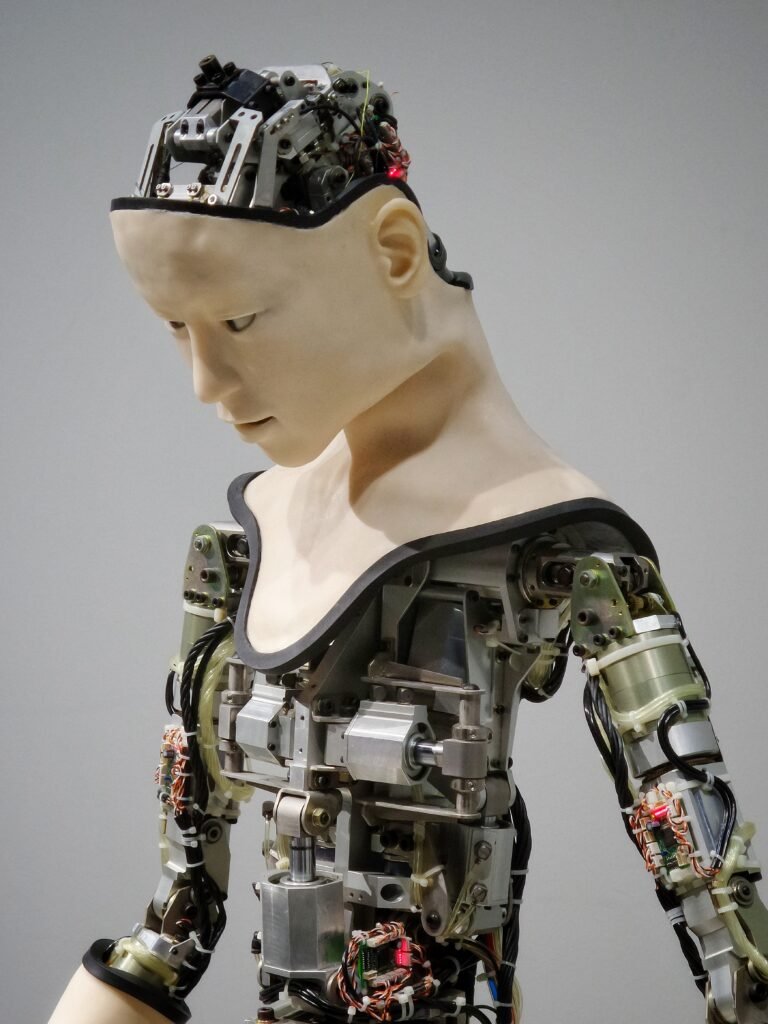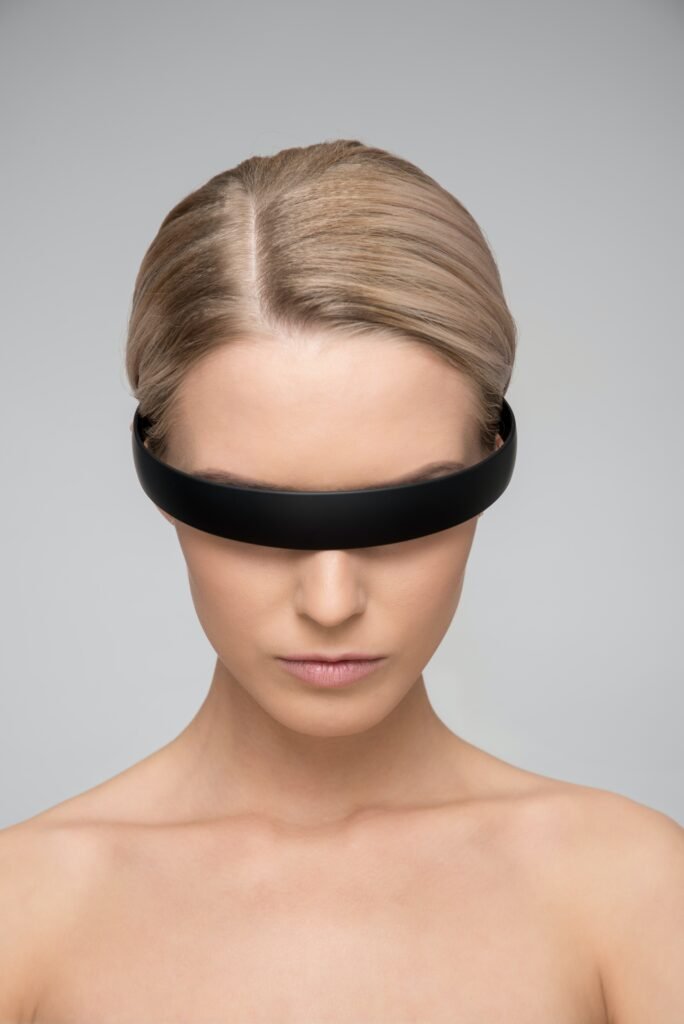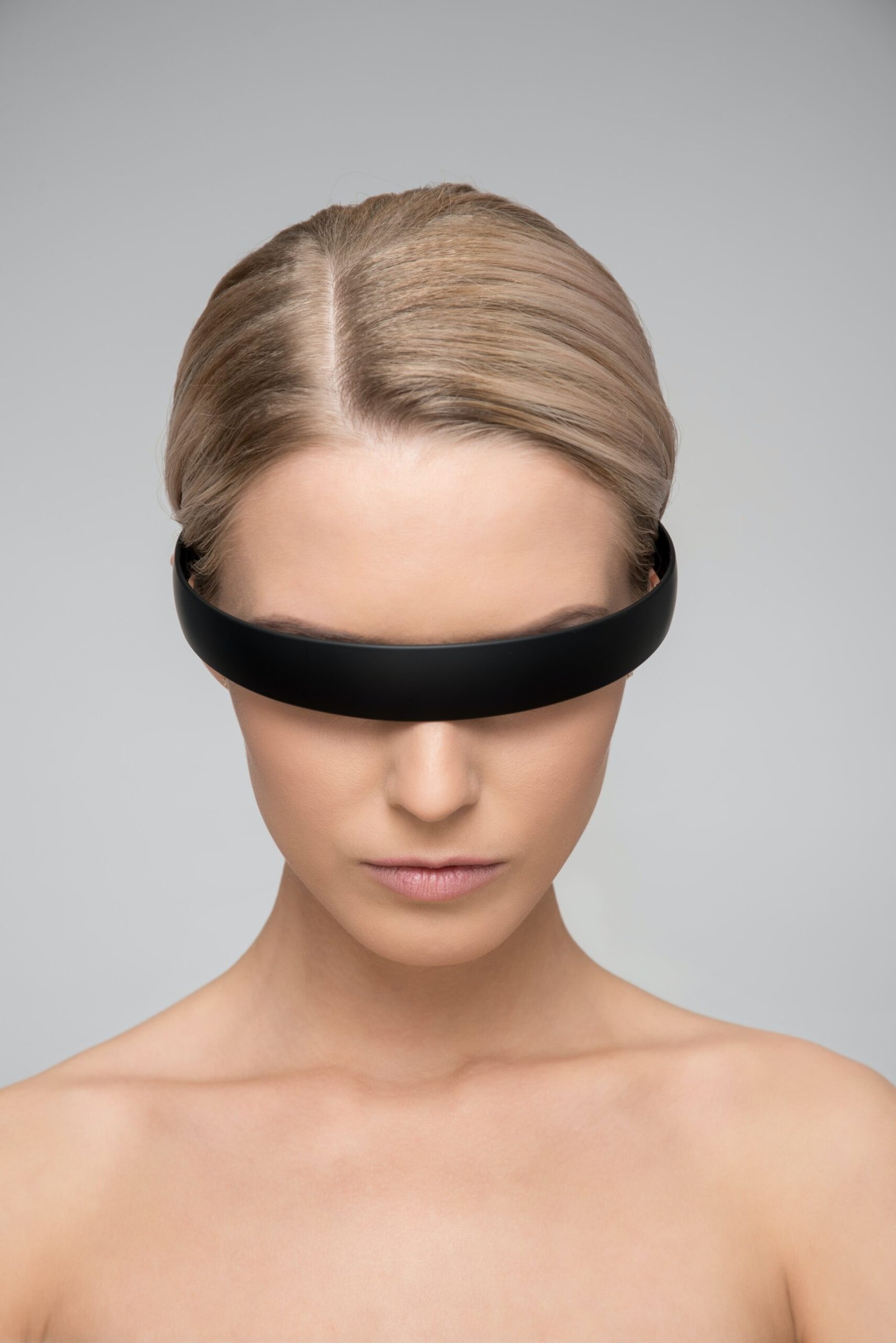Discover the remarkable ways in which Artificial Intelligence (AI) is revolutionizing medical care and biomedical research. From the interpretation of imaging results to predicting changes in blood glucose levels, AI is transforming various aspects of healthcare. AI algorithms can analyze large amounts of data and make predictions that are crucial for early diagnosis of conditions like Alzheimer’s disease. Additionally, AI is being used to develop advanced image scanning systems for improved cancer screening and to create smart clothing that can reduce the prevalence of low back pain. Explore the fascinating applications of AI in the medical field and witness the profound impact it is having on patient care and research advancements.
How is AI being used to improve medical care and biomedical research?
As technology continues to advance, so does its impact on various industries, including healthcare. Artificial Intelligence (AI) is being increasingly utilized in medical care and biomedical research to enhance patient outcomes, improve diagnostic accuracy, and streamline healthcare processes. Let’s explore some of the ways AI is being employed in the field.
Radiology
AI has shown great promise in the field of radiology, particularly in the interpretation of medical imaging results. By leveraging machine learning algorithms, AI can assist radiologists in detecting minute changes in images that may be difficult to spot with the human eye. This enables faster and more accurate diagnoses, which can lead to improved patient care and treatment outcomes.
Imaging
In addition to aiding radiologists in image interpretation, AI is also being used to improve the quality and precision of imaging procedures. For example, AI algorithms can be utilized to evaluate how an individual will look after undergoing facial and cleft palate surgery. This allows surgeons to better plan and personalize surgical procedures, resulting in enhanced patient satisfaction and outcomes.

Telehealth
Telehealth has become increasingly popular, especially in recent times, and AI plays a crucial role in facilitating virtual healthcare services. Through wearable devices and remote monitoring, AI enables continuous tracking and analysis of patients’ physiological data. This constant monitoring helps detect any physiological changes that may indicate the onset of a medical event, such as an asthma attack. By providing early warning signs, AI-powered telehealth solutions can potentially prevent adverse health outcomes and improve overall patient care.
Clinical care
Clinical decision support systems, incorporating AI, have become a major focus in the healthcare sector. These systems utilize health observations and case knowledge to assist healthcare professionals in making informed treatment decisions. With AI’s ability to process vast amounts of data and identify patterns, clinical care can be optimized and personalized for each patient. This can lead to more effective treatment plans and improved patient outcomes.

Early diagnosis of Alzheimer’s disease (AD) using analysis of brain networks
NIBIB-funded researchers are using AI to improve the early diagnosis of Alzheimer’s disease (AD) by analyzing brain networks. AD-related neurological degeneration often begins long before any clinical symptoms appear. Functional MRI (fMRI) neuroimaging data provides information on subtle brain changes during the early stages of the disease. By combining fMRI’s detection capabilities with machine learning algorithms, researchers aim to enhance early detection of AD and other neurological disorders, such as schizophrenia, autism, and multiple sclerosis. This early detection can open doors for timely interventions and treatment.
Prediction of blood glucose levels using wearable sensors
Another application of AI in biomedical research involves the prediction of blood glucose levels using wearable sensors. NIBIB-funded researchers are developing machine learning models that utilize data collected from wearable sensors to manage blood glucose levels better. Continuous measurements of heart rate, skin conductance, temperature, and body movements are obtained from these sensors. This data is then used to train an AI network, which can predict changes in blood glucose levels before they occur. By anticipating and preventing blood glucose control problems, this AI-driven approach can enhance patient safety and reduce complications associated with diabetes.

Enhanced image analysis for improved colorectal cancer screening
AI is also being employed to enhance image analysis for improved colorectal cancer screening. Researchers are developing advanced image scanning systems with high detection sensitivity and specificity for colon cancers. Deep neural networks are being trained to analyze a wider field on radiographic images obtained during surgery. These neural networks compare patient images with images of past diagnosed cases, enabling more accurate and efficient diagnosis of colorectal lesions. The widespread adoption of this technology could significantly advance the prevention and early detection of cancer.
Smart clothing to reduce low back pain
Cyber-physically assistive clothing (CPAC) is being developed using AI to reduce the prevalence of low back pain. Forces exerted on back muscles and discs during daily tasks contribute to the risk of back pain and injury. NIBIB-funded researchers are using machine learning algorithms to analyze a public dataset of more than 500 movements measured from each subject. This data will inform the development of CPAC that can detect unsafe conditions and intervene to protect low back health. The long-term vision is to create smart clothing that can monitor lumbar loading, train safe movement patterns, directly assist wearers in reducing low back pain, and reduce healthcare expenses and missed work associated with this condition.
Considering the various applications of AI in medical care and biomedical research, it is evident that this technology holds immense potential to revolutionize healthcare delivery. By leveraging AI algorithms and machine learning models, healthcare professionals can improve diagnostic accuracy, personalize treatment plans, and enhance patient care outcomes. As technology continues to evolve, we can expect even more advancements in AI and its applications to further optimize healthcare and biomedical research.



